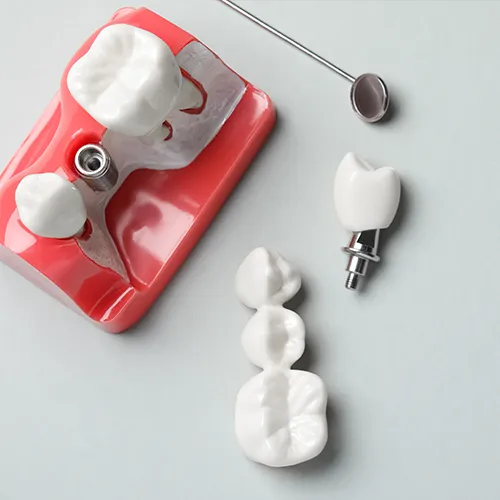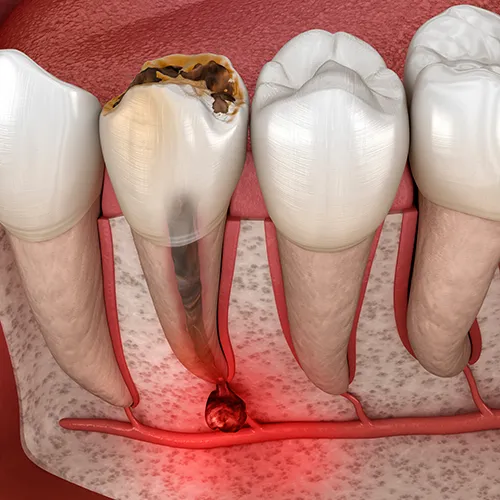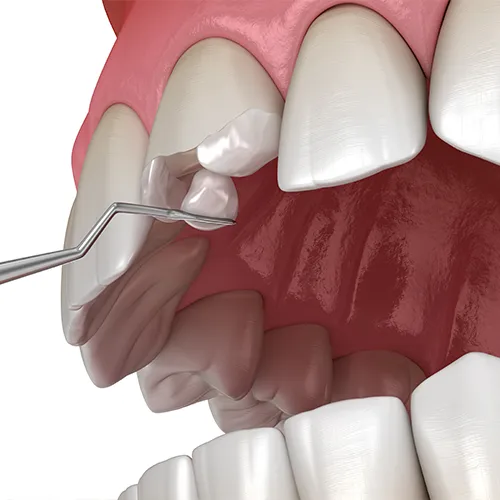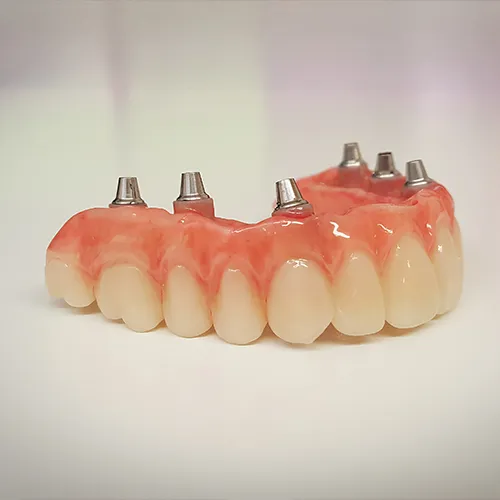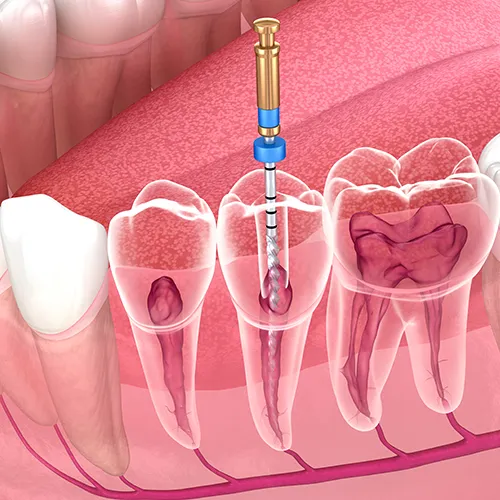Restorative Dentistry
The Path to Recovery After a Root Canal
Root canals are an essential dental procedure that can save your tooth and relieve pain, but the healing process often raises questions. At Akemi Dental Specialists, we believe understanding what to expect after a root canal can make your journey to recovery smoother and stress-free. From how long it takes to heal to managing discomfort, here’s everything you need to know about recovering from a root canal.
How Long Does a Root Canal Take to Heal?
Healing from a root canal varies from person to person, but most patients recover within a few days to a week. After the procedure, it’s normal to feel some tenderness around the treated tooth, which is your body’s natural response to the cleaning process, removal of infection, and placement of a temporary filling or crown. The healing process involves allowing the surrounding tissues to recover and adapt, ensuring that your tooth regains its functionality without discomfort.
For most people, the general timeline of recovery looks like this:
- Mild discomfort peaks within 24–48 hours post-procedure. This tenderness is often due to inflammation around the treated area and is entirely normal.
- Pain typically subsides significantly after 3–5 days. By this point, the swelling and soreness should reduce, making it easier to chew and go about your day as usual.
Factors influencing healing time can vary widely. For instance, the complexity of the root canal, such as whether multiple canals were treated or if the tooth was severely infected, can play a role. Additionally, pre-existing conditions like gum disease or immune system challenges may slow recovery. How closely you follow aftercare instructions—such as avoiding hard foods, keeping the area clean, and attending follow-up visits—also greatly impacts your recovery speed.
At Akemi Dental Specialists, we utilize advanced dental technology, including digital imaging and minimally invasive tools, to ensure the procedure is as precise and gentle as possible. These innovations can significantly reduce post-procedure discomfort and promote faster healing. For example, digital X-rays allow us to visualize the tooth in great detail, ensuring no infection or damage is left untreated, while modern techniques minimize tissue trauma during the procedure.
It’s important to monitor your recovery and take note of any persistent symptoms. If discomfort lingers beyond 10 days, worsens over time, or is accompanied by symptoms such as swelling or fever, contact your dentist promptly for an evaluation. Early intervention ensures that any complications are addressed before they escalate, giving you the best chance for a smooth recovery.
What Are the Symptoms of a Failed Root Canal?
Root canals are a reliable and effective treatment, with a success rate that exceeds 90%. However, in rare cases, complications can arise, leading to what is known as a failed root canal. Recognizing the signs of a potential issue early is essential to prevent further discomfort and preserve the health of the treated tooth.
Here are some symptoms that may indicate a failed root canal:
- Persistent Pain or Pressure
- While it’s normal to experience mild discomfort after a root canal, this typically resolves within a week. If the pain or pressure persists or worsens, it could indicate that the underlying infection wasn’t fully removed or that new bacteria have entered the tooth.
- Swelling Around the Tooth or Gums
- Swelling is another sign of trouble, especially if it includes a recurring pimple-like bump on the gums, known as a sinus tract. This bump often serves as a drainage point for infection and may appear and disappear intermittently. Even if the bump causes no pain, it’s important to have it checked.
- Discoloration of the Treated Tooth
- A tooth that turns gray or darkens after a root canal may indicate underlying issues, such as internal damage or the breakdown of the tooth structure. This is often a cosmetic concern but may also point to structural problems requiring attention.
- Sensitivity to Heat or Cold
- Post-root canal, the treated tooth should no longer feel sensitivity to temperature changes, as the nerve inside has been removed. If you experience lingering sensitivity to hot or cold foods and drinks, it may suggest an incomplete seal or reinfection.
Other potential symptoms may include tenderness when biting down, a foul taste in your mouth, or persistent bad breath. These signs may not always point to a failed root canal but warrant a professional evaluation to rule out complications.
At Akemi Dental Specialists, we prioritize early detection and effective solutions to ensure long-term success for our patients. Using advanced dental technology like 3D imaging and digital X-rays, we can pinpoint the cause of any post-treatment issues with precision. For example, high-resolution imaging allows us to detect microscopic cracks or residual infection that might not be visible during the initial treatment.
If you suspect that your root canal isn’t healing as expected, don’t delay. Schedule a follow-up appointment with our skilled team to assess the issue and determine the next steps. Whether it’s retreatment or another solution, we’re committed to preserving your smile and restoring your comfort.
How Can I Ease the Pain of a Root Canal?
Root canals should not be a source of dread, and managing post-procedure pain can be straightforward with the right tips:
- Follow Aftercare Instructions: Your dentist will provide specific guidance, such as avoiding chewing on the treated side until the final crown is in place. Following these instructions closely can prevent unnecessary discomfort.
- Over-the-Counter Pain Relief: Non-prescription medications like ibuprofen or acetaminophen can help reduce swelling and manage pain.
- Cold Compresses: Applying a cold pack to your cheek near the treated area can minimize swelling and numb mild pain.
- Soft Foods: Stick to foods like mashed potatoes, yogurt, and smoothies for the first few days. Avoid hard or sticky foods that might disturb the temporary filling.
- Practice Gentle Oral Hygiene: Keep the treated area clean without applying too much pressure. Use a soft-bristled toothbrush and avoid harsh mouthwashes.
If pain persists despite these measures, it’s a good idea to schedule an appointment with Akemi Dental Specialists for a thorough evaluation. We’re here to ensure your recovery goes as smoothly as possible.
Why Choosing the Right Dental Team Matters
At Akemi Dental Specialists, we combine expert care with state-of-the-art dental technology to make your experience as comfortable and efficient as possible. From diagnosing issues with precision to ensuring a seamless recovery, our team is committed to your oral health.
Root canals can feel daunting, but they’re a step toward preserving your natural smile and eliminating pain. Trust our experienced team to guide you through the process with care and expertise.
Ready to Heal with Confidence?
Your smile deserves the best care. Schedule an appointment with Akemi Dental Specialists today and take the first step toward a pain-free, healthy future. Whether you need a root canal or just have questions about your recovery, we’re here to help you every step of the way.




